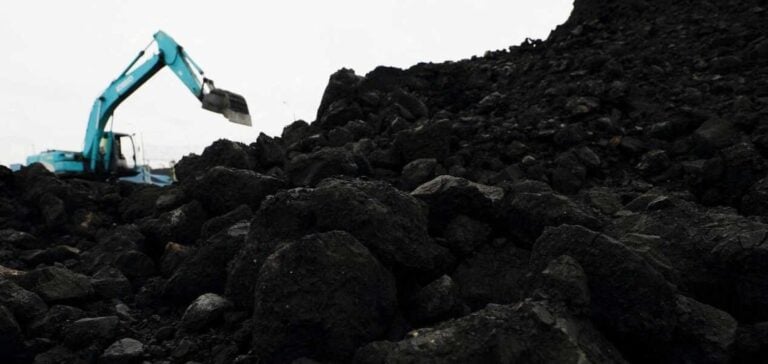Methane emissions in Indonesia may be greatly underestimated. According to Ember, a London-based think-tank, the methods currently used to measure these emissions may not reflect the true scale of the problem. This raises questions about the effectiveness of the techniques used, and calls for a re-evaluation of these methods to ensure accurate accounting of methane emissions.
Indonesia’s commitment to reducing methane emissions
As a party to the Global Methane Pact, Indonesia has committed to reducing its methane emissions, thus affirming its role in international efforts to combat climate change. However, the difference between the data reported and the estimates provided by Ember raises the need to optimize measurement processes to ensure the transparency and accuracy of environmental reporting.
Measurement standards
Standardizing methane emissions measurement criteria is a fundamental step towards improving the reliability of environmental data on a global scale. This approach, supported by players in the Indonesian coal industry, would facilitate the comparability of international data. It would also serve Indonesia’s strategic positioning with regard to global climate commitments.
Implications for international cooperation and sustainable development
The dialogue sparked by the Ember report is an opportunity to strengthen international collaboration in methane emissions monitoring. In addition, by adopting improved measurement practices and ensuring data transparency, Indonesia will be able to make a significant contribution to international emissions reduction targets, while sustaining its economic development in line with environmental imperatives.
This in-depth analysis of methane emissions in Indonesia calls for a methodological review and a reinforced commitment to more accurate and transparent assessment, in line with international environmental objectives.






















